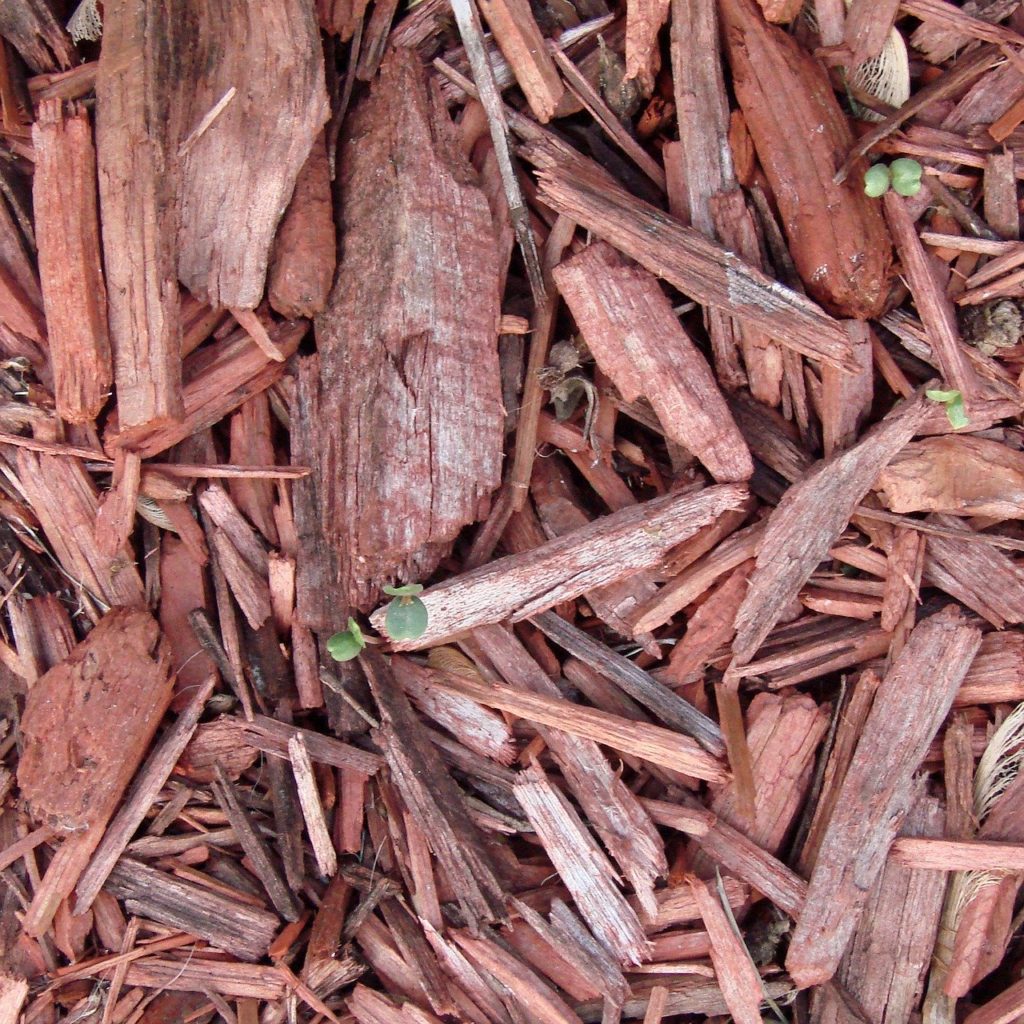Mulch is an essential part of your garden and tree care in that it is used to manage water, suppress weeds, and provides insulation to the roots during the winter.
Up Next: Getting Your Trees Ready For Spring This Winter
When choosing the right type of mulch for your garden, you will be faced with the choice of organic versus inorganic mulch. What is the difference? Does it matter?
It does.
Organic Mulch: Better For The Environment
 Organic mulches provide many more benefits to your garden, yard, and the environment than inorganic mulches will. When they break down, organic mulches provide nutrients to the soil. These mulches will need to be replaced regularly as they break down or become dispersed.
Organic mulches provide many more benefits to your garden, yard, and the environment than inorganic mulches will. When they break down, organic mulches provide nutrients to the soil. These mulches will need to be replaced regularly as they break down or become dispersed.
Organic mulches include:
- Shredded or ground wood from tree work
- Bark chips
- Straw
- Ground shells from various nuts
At Hansen’s Tree Service, we create our own organic mulch from green waste generated on landscaping jobs. Our mulch is shredded and ground to commonly used sizes and shapes in the landscaping profession. Some customers like a specific shade or color for their mulch and we properly age and dry our mulch before using safe colorants to maintain that color for up to six months.
Inorganic Mulch: More Expensive
Inorganic mulch is different from organic mulch in that these materials do not break down and can hurt the environment. Or if they do break down, they turn into small parts that cannot be recycled.
Inorganic mulches include:
- Plastic sheeting
- Rubber chips
- Rocks
- Landscape fabric
We know what you’re thinking: “How can rocks be inorganic?” Rocks are classified as inorganic because unlike organic mulches like bark chips or compost, rocks do not break down. They can also create damaging hotspots in your garden that rapidly dry out the foliage and may burn bark tissue.
When applying mulch, practice good hygiene and techniques to prevent the introduction of pests and diseases like root rot. That means no mulch volcanoes, applying too early, and using the same mulch over and over.
